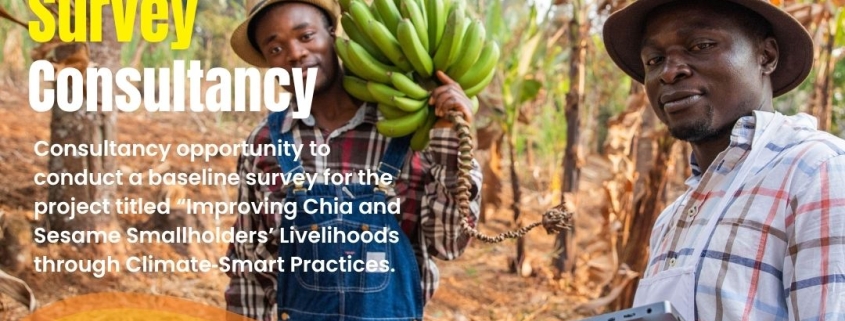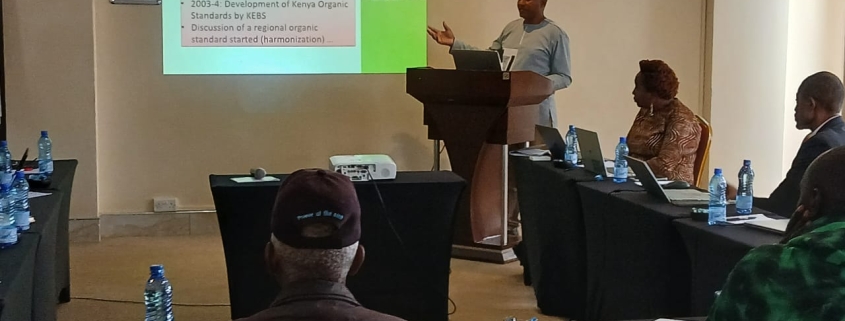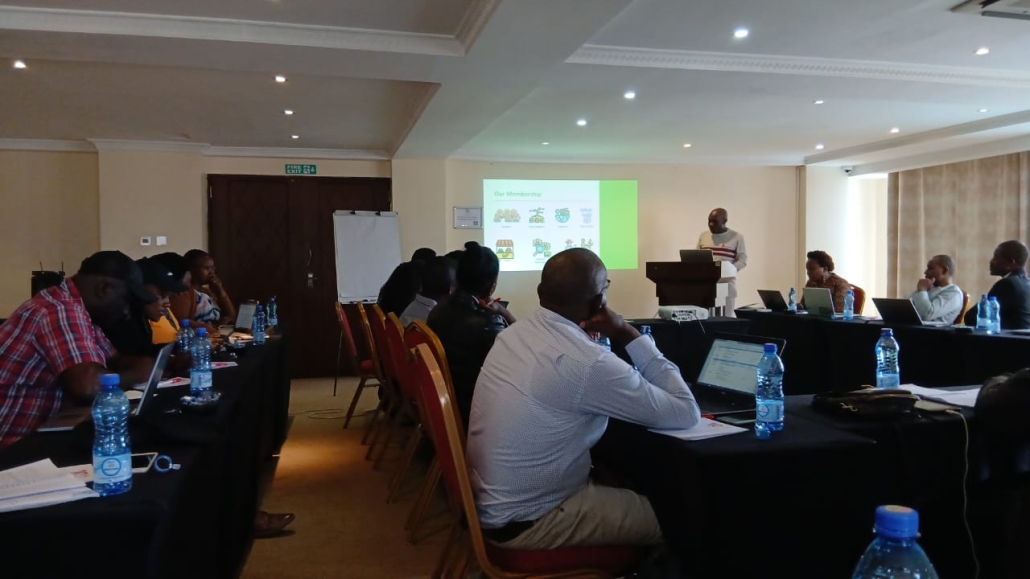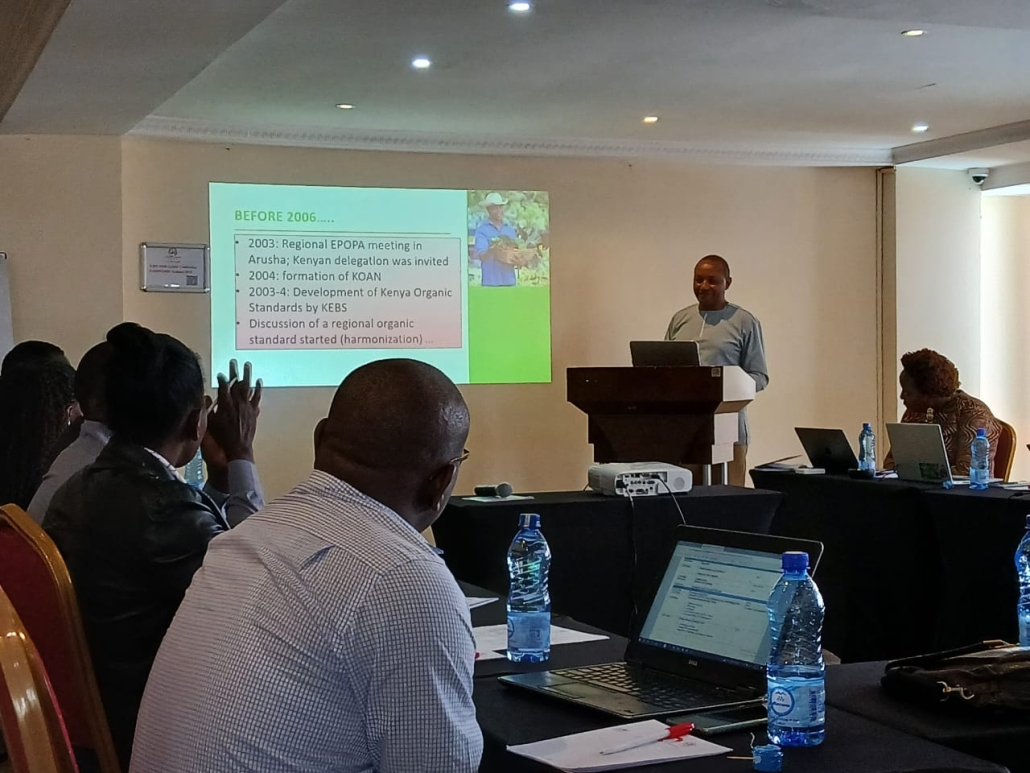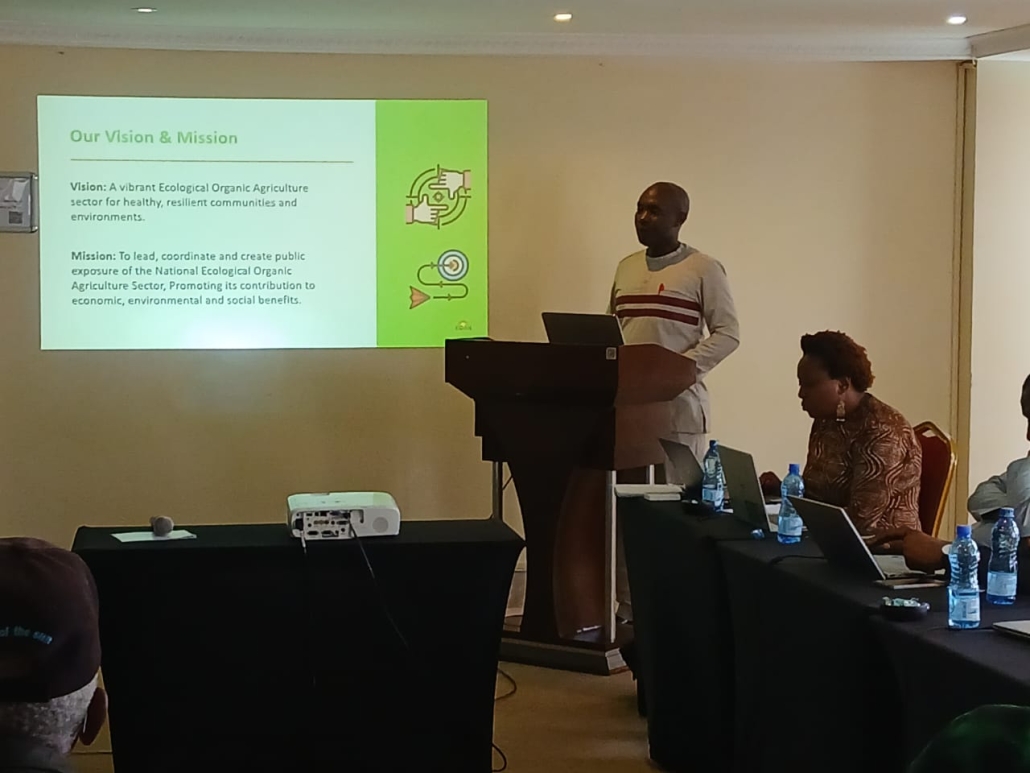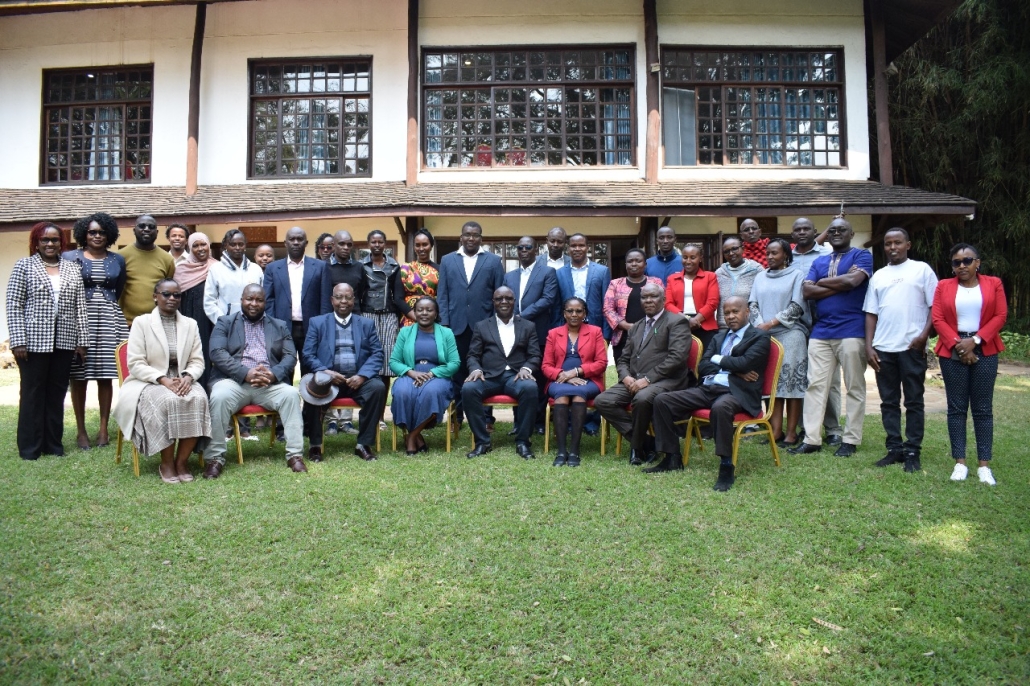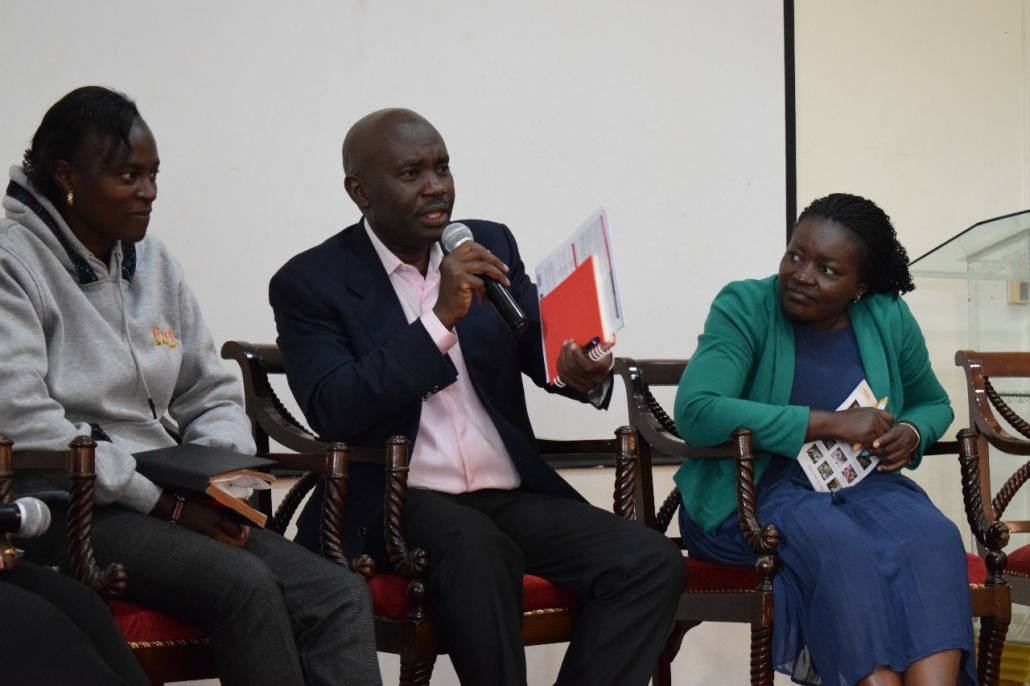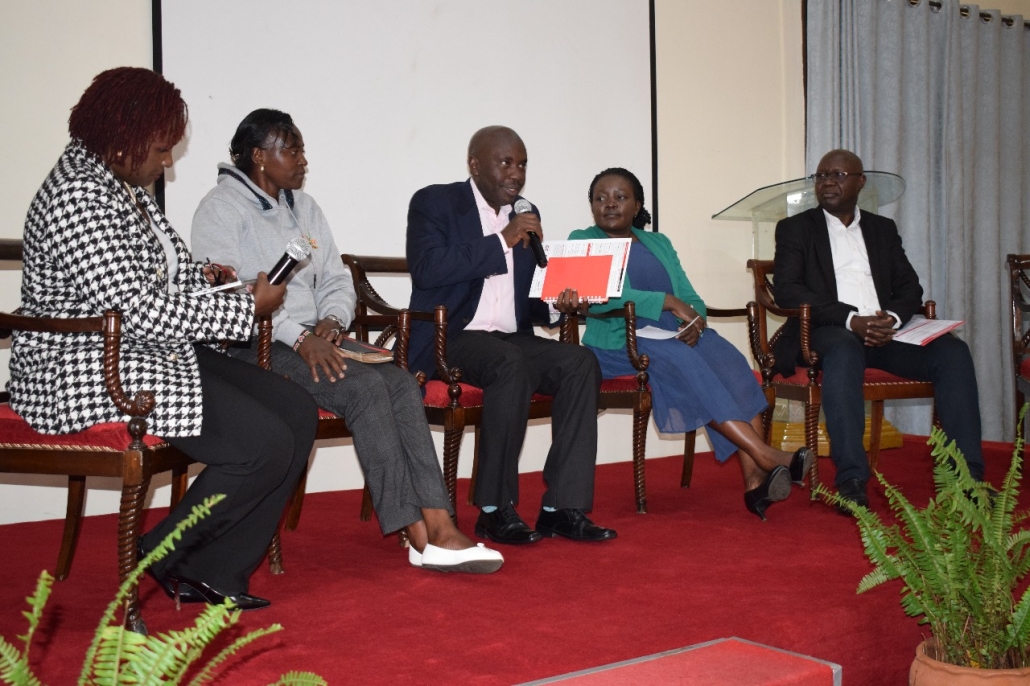KOAN Careers: Finance & Administration Assistant Position
VACANCY ANNOUNCEMENT
FINANCE AND ADMINISTRATION ASSISTANT
13th October, 2025
- About KOAN
Kenya Organic Agriculture Network (KOAN) is a national membership organization that promotes the development of organic agriculture in Kenya. It brings together key stakeholders including farmers, NGOs and CBOs, research institutions, input suppliers, government agencies, exporters, retailers, and consumers. KOAN’s mission is to lead, coordinate, and promote the growth of the organic agriculture sector, highlighting its economic, environmental, and social benefits. We are seeking a proactive, detail-oriented, and dedicated Finance and Administration Assistant to support KOAN’s operational excellence and strategic growth.
Position: Finance & Administration Assistant
Department: Administration and Finance
Reports To: Finance & Administration Manager
Location: Nairobi, Kenya.
Deadline for Application: 24th October, 2025
- Purpose of Position
The Finance & Administration Assistant will support financial management, accounting tasks, and administrative operations to ensure efficient, transparent, and compliant organizational processes. This role plays a key part in maintaining financial integrity, supporting donor compliance, and ensuring smooth office operations.
- Key Responsibilities
- Scope of Work
Financial Management
-
- Budgeting & Forecasting: Assist in the preparation of annual budgets, project budgets, and cash flow forecasts.
- Financial Reporting: Prepare accurate monthly, quarterly, and annual financial and donor reports.
- Bookkeeping & Accounting: Maintain correct and complete financial records in line with accounting standards.
- Cash Flow & Bank Management: Monitor cash flow, reconcile bank statements, and ensure availability of operational funds.
- Audit & Compliance: Support internal and external audits while ensuring compliance with statutory, donor, and tax regulations.
- Internal Controls & Risk Management: Assist in implementing controls to minimize financial risk and fraud.
- Administrative & Operational Support
- Office Administration: Manage office supplies, equipment, filing systems, and facilities.
- Procurement & Asset Management: Assist with procurement processes and maintain asset and inventory registers.
- Human Resources Support: Assist in payroll preparation, staff records, recruitment logistics, and HR documentation.
- Policy Implementation: Support the development and enforcement of financial and administrative policies and procedures.
- Reporting Structure
The Finance & Administration Assistant reports directly to the Finance and Administration Manager.
- Qualifications and Competencies
- Education:
- Bachelor’s degree in Finance, Accounting, Business Administration, Commerce, or a related field.
- Professional qualification (CPA/ACCA) is an added advantage.
- Proficiency in Microsoft Excel (formulas, data entry, analysis) and MS Word (document preparation).
- Basic understanding of accounting principles and financial record-keeping.
- Experience with accounting software will be an added advantage.
- Strong numerical accuracy and attention to detail.
- Experience:
- Minimum of 3–5 years’ experience in finance and administrative roles.
- Experience in NGO or donor-funded projects is desirable.
- Skills and Competencies
- Strong knowledge of accounting principles and compliance standards.
- Proficiency in accounting software (e.g. QuickBooks) and advanced Microsoft Excel.
- Excellent analytical, reporting, and problem-solving skills.
- High level of integrity, confidentiality, and ethical conduct.
- Strong analytical and problem-solving skills.
- Strong interpersonal skills, integrity, and attention to detail.
- Excellent organizational and time-management abilities.
- Good communication and teamwork skills.
- Willingness to learn and ability to work under minimal supervision.
- Ability to manage multiple tasks and meet deadlines.
- Working Conditions
- Hours: Full-time (Monday–Friday), with occasional travel.
- Location: Based at KOAN headquarters
- Contract Type: Contractual
- Application Process
Interested candidates should submit their CV, cover letter, and any relevant certifications and testimonials via the link below: https://bit.ly/KOANFinanceAdmin2025 by 31st October 2025.
Only shortlisted candidates will be contacted.
View and download the job description HERE.
END


